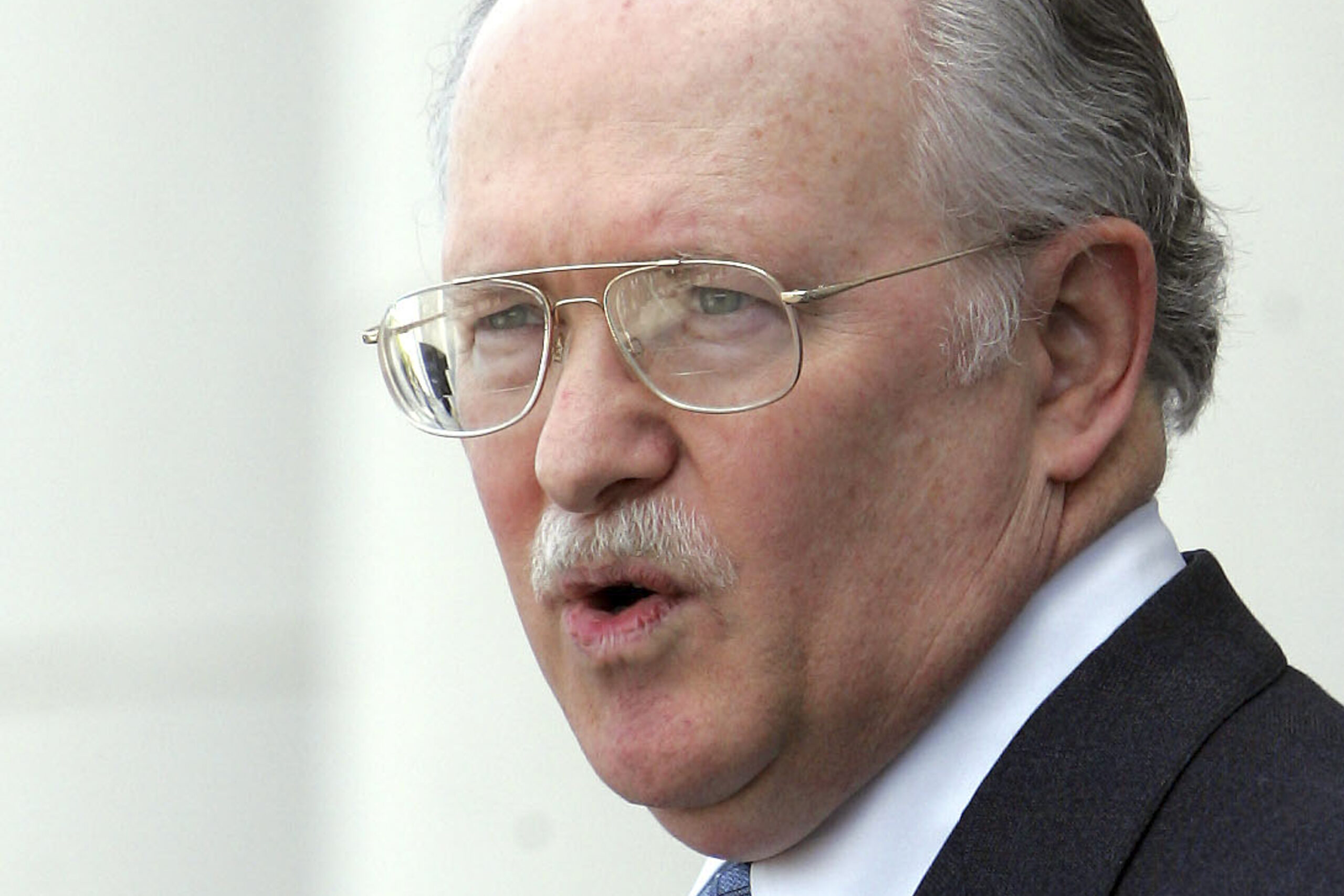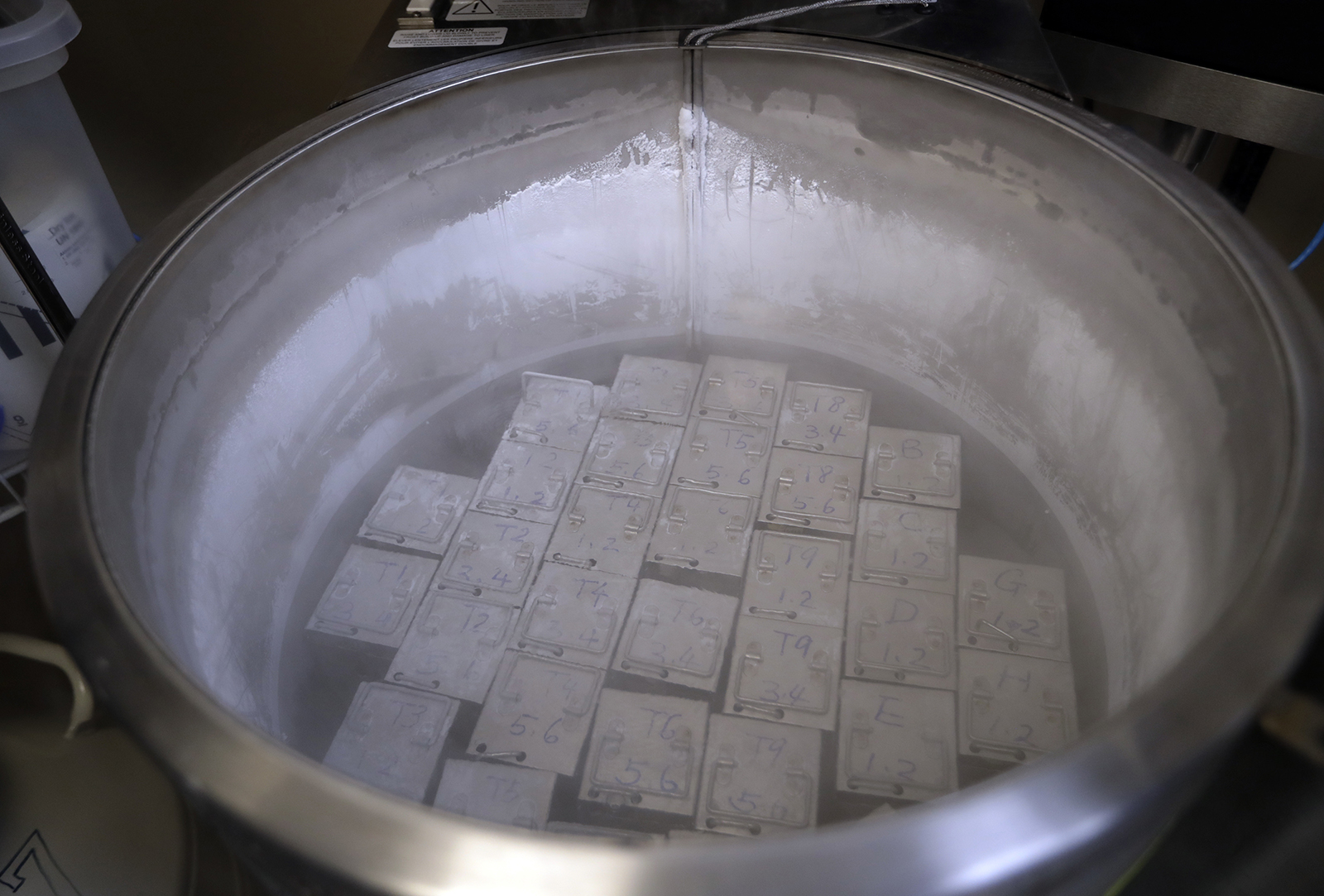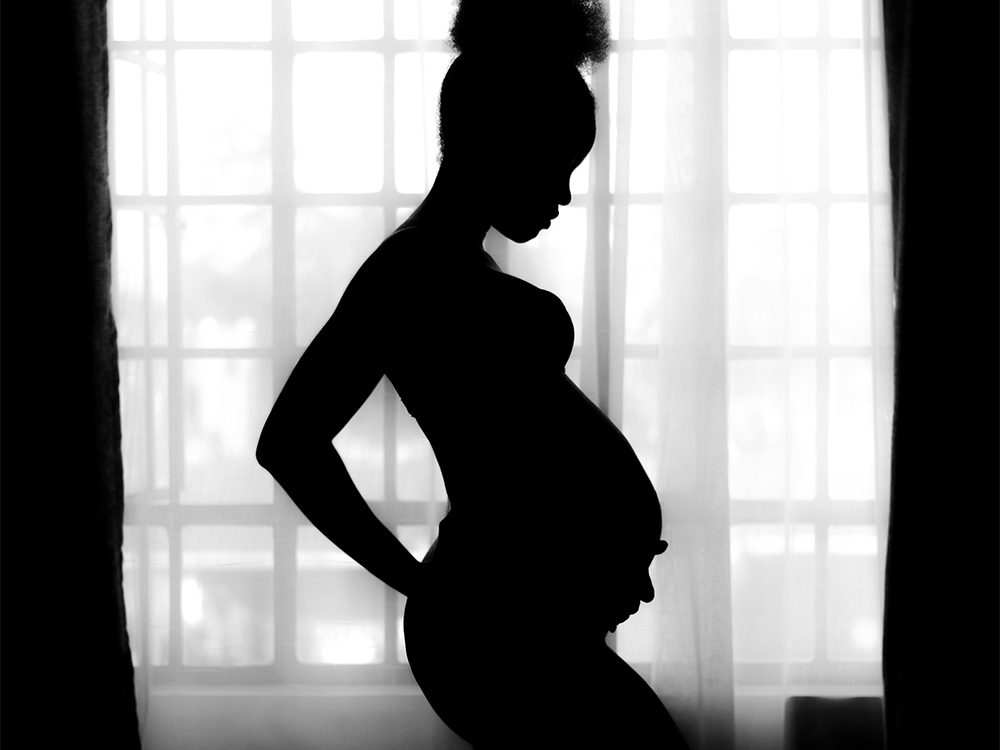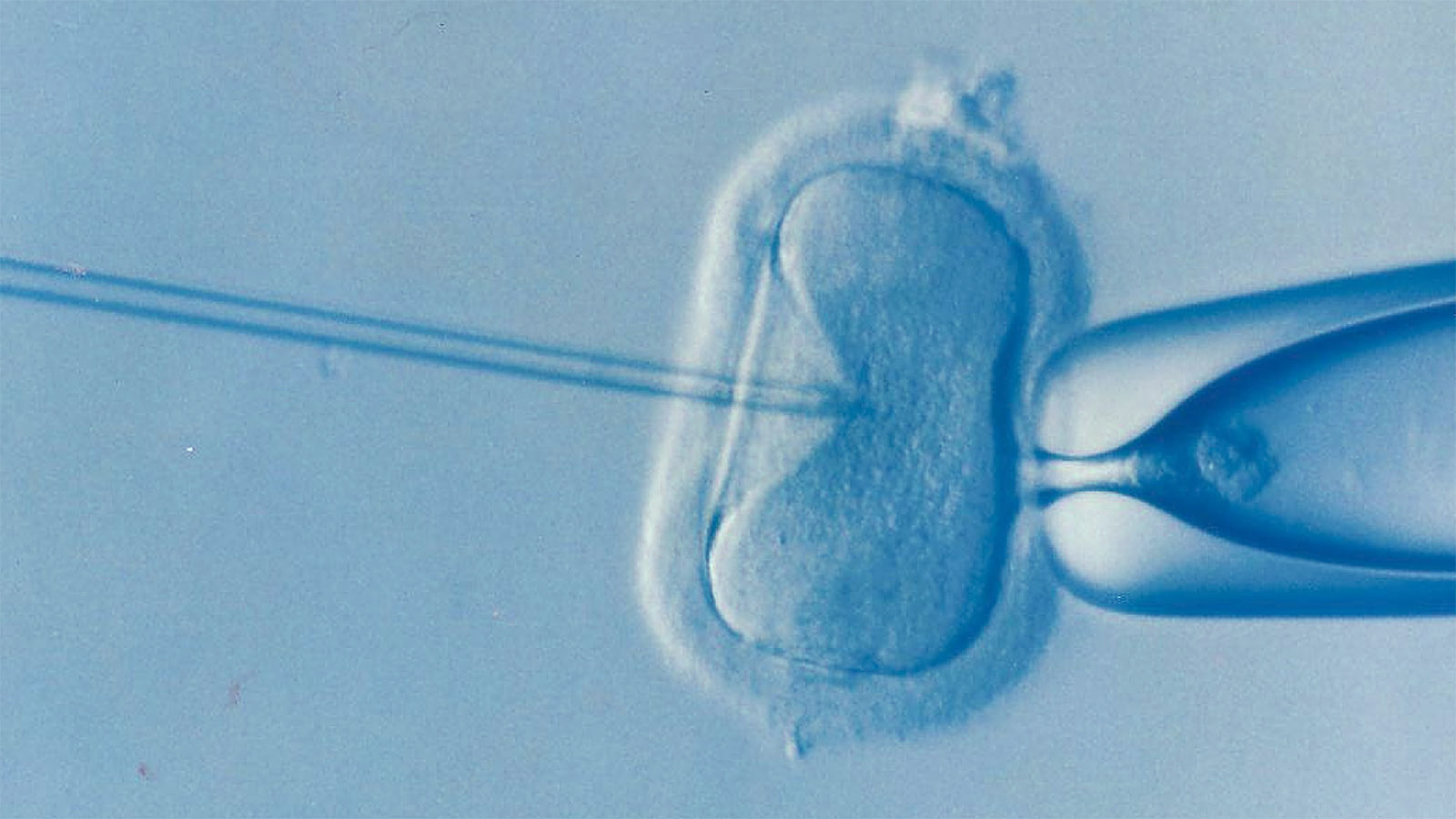(RNS) — When Ericka Andersen and her husband started infertility treatment a decade ago, they were hoping for one successful pregnancy.
Andersen, a freelance writer and author who lives in Indianapolis, had married in her early 30s and wanted to start a family right away. When she did not become pregnant after a couple of years, she sought out help and eventually decided to try in vitro fertilization — better known as IVF — in which a woman’s fertilized eggs grow into embryos in a lab and then are transferred to her uterus.
“You are thinking, I just want one of these to work,” she said. “Because for some people it never works.”
After two successful transfers, the couple now has two children, born three years apart. They also have 9 embryos in storage. Andersen said she’s left dealing with “the devastation of extra embryos.”
“I have deep anguish at the lives that I haven’t carried, the siblings of my children that they will never meet,” she wrote in a recent essay about her experience. “The babies I will never know, whose eyes I will not see, whose bodies I will not rock, whose smiles I will not recognize.”
The fate of frozen embryos has been the subject of fierce debate in recent weeks after the Alabama Supreme Court ruled that embryos are “extra-uterine children” and protected by the state’s wrongful death law.

Alabama Supreme Court Justice Tom Parker speaks on the steps of the state judicial building on April 5, 2006, in Montgomery, Ala. (AP Photo/Jamie Martin, File)
The court’s majority decision alone would have made headlines but was made more controversial by Alabama Chief Justice Tom Parker’s concurring opinion, which quoted the Bible and held that embryos “cannot be wrongfully destroyed without incurring the wrath of a holy God, who views the destruction of His image as an affront to Himself.”
After the ruling, almost all IVF procedures in Alabama were put on pause as fertility clinics tried to sort out the implications of the ruling and the state Legislature considers a proposed measure that would shield IVF clinics from liability if “damage or death of an embryo” occurs during treatment.
An attempt to fast-track a federal bill to protect IVF was blocked last week.
The politicking since the Alabama decision has overshadowed the deeply personal side of IVF treatment. Patients, often deeply attached emotionally to their excess embryos, can be torn about what to do with them.
Before starting IVF, Andersen said, she prayed she and her husband would end up with only the embryos they needed. Every month when the storage fees for their frozen embryos come due, she starts thinking about their futures.
Donating the embryos to another couple “is the only real option for me,” she said. “I’m not going to destroy them. And I am not going to give them to science because I think they are human beings. They deserve a chance.”

In this Oct. 2, 2018, file photo, containers holding frozen embryos and sperm are stored in liquid nitrogen at a fertility clinic in Fort Myers, Fla. The Alabama Supreme Court ruled on Feb. 16, 2024, that frozen embryos can be considered children under state law, a ruling critics said could have sweeping implications for fertility treatments. The decision was issued in a pair of wrongful death cases brought by three couples who had frozen embryos destroyed in an accident at a fertility clinic. (AP Photo/Lynne Sladky, File)
Christine Mitchell, former director of the Center for Bioethics at Harvard Medical School, said the Alabama ruling brought up issues that had been considered settled as long as Roe v. Wade was in effect. The Alabama couples who sued after their embryos were destroyed in an accident had valid concerns, she added, but the court could have addressed them without ruling that embryos are children and bringing IVF to a halt.
“You don’t have to make them persons in order to come back at an institution like the infertility clinic in Alabama, and say, ‘Look, you didn’t take good care of our property.’”
Mitchell said the idea of being a person is often associated with the “breath of life” — something that is not present in an embryo. That doesn’t mean the embryos have no value, especially to infertile couples. “They have both a financial and emotional investment in these embryos,” she said. “I do think we have to be respectful of the attachments of the people who use IVF.”
She pointed to the case of Elaine Meyer, a psychologist and Harvard professor who, along with her husband, learned in 2017, two decades after the birth of their son through IVF, that not all of their embryos had been transferred. The company storing the embryos informed them they had two additional embryos, according to The New York Times. They then learned that the vial containing the embryos had cracked and the embryos were no longer viable. The couple ended up suing the clinic.
Meyer said that during fertility treatment, she had made sure the embryos were well cared for, even in storage. Sometimes she would swing by the hospital where they were being stored and sing a lullaby to them in the parking lot. She hoped another IVF transfer would result in another child. “Those embryos held a lot of hope for us,” she said.
In a 2016 paper in the Journal of Law and the Biosciences, Australian legal scholar Jenni Millbank argued that the feelings and insights of women undergoing fertility treatments are often overlooked in discussions about the moral status of embryos. Women often see frozen embryos as siblings to their children or feel connected in other ways. Philosophical or theological concerns aside, Millbank argued, embryos have meaning and value because they matter to the women who could carry them in pregnancy.

(Photo by Mustafa Omar/Unsplash/Creative Commons)
Quoting a study participant named Rose, she wrote, “Like many other participants, Rose expressed the view that her stored embryos were closely connected to her through their connection with her existing child or children.”
Meyer said she felt that kind of connection and so wanted to do whatever she could to give the couple’s frozen embryos a chance at life. When a subsequent embryo transfer failed, Meyer said she felt a sense of closure. “When pregnancy wasn’t successful, there was sadness and disappointment, for sure,” she said. “But I felt personally like I had done everything humanly possible.”
Meyer has begun advocating for better storage standards at clinics so accidents like the one in Alabama or to her embryos don’t happen again. This week, she hopes a bill prescribing new standards for storing embryos and other reproductive tissue will be introduced in the Rhode Island Legislature.
“We make sure that they’re well monitored and well cared for,” she said.
Nicole Straka, a Realtor from Kearney, Nebraska, said she and her husband also discovered that they had unexpected embryos. After five rounds of IVF, they had eventually become parents and had moved on, busy with raising a pair of twins, who are now teenagers.
But a few years ago, Straka said she got a letter in the mail from a facility that was storing 20 of the couple’s embryos. The letter gave three options, she recalled. The embryos could be thawed, which would make them no longer viable. They could be donated to research, or they could be given to another couple, in a process known as embryo adoption.
Straka decided to donate the embryos to research and gave the facility her credit card number to pay a processing fee. A few months later, the facility told her there had been a delay in processing the disposition of the embryos. In the meantime, Straka said, her credit card had been canceled — and the facility called to ask for a new form of payment.
By that time, Straka had changed her mind. Instead, the couple decided to send the embryos to the National Embryo Donation Center, a Christian group in Knoxville, Tennessee.
Some of their embryos went to a couple in Ohio, whose two sets of twins are now biological siblings of Straka’s kids. “They send us pictures and videos all the time and we marvel at how much their kids look like our kids,” she said.

(Image by Elena Kontogianni/Pixabay/Creative Commons)
Dena Davis, an emerita professor of religion at Lehigh University who taught bioethics, has long thought about the ethical status of embryos. In 2006 Davis wrote about what she called “the puzzle of IVF”: the fact that some people oppose abortion because they believe an embryo is a person and yet they support IVF, which often results in destroyed or abandoned embryos.
Davis suspects that it comes down to empathy: Abortion foes are more likely to be rooting for an infertile couple trying to get pregnant via IVF than for a woman who is considering having an abortion. Even same-sex couples who use IVF to start a family, she said, are doing something conservative religious people who oppose abortion approve of.
“That is at the heart of conservative religious understanding of how the world works,” she said. “You get married, you have kids,” she said.
Davis made a similar argument in her 2006 essay.
“In contrast to women seeking abortions, people seeking IVF are fulfilling relatively traditional family roles,” she wrote. “Although some will be lesbian and others will be single women, most are likely to be married, and they obviously have devoted a great many emotional and financial resources to the goal of having children.”
There is also likely a personal side. Because IVF is more commonly discussed by those going through it, many Americans realize they know someone who is getting assistance to start a family. As a result, they are likely to feel empathetic or see IVF in a positive light.
Jeffrey Keenan, director of the embryo donation center, said the Alabama ruling, or any legislation passed in the wake of it, will have little effect on the center’s work. “We don’t anticipate that any national or state legislation would affect us,” he said.
Founded in 2003, the center has accepted thousands of donated embryos from infertile couples, which have yielded more than 1,400 babies. The center plans to hold a celebration this summer for an anticipated 1,500th birth. Some of the donated embryos date to the 1990s.
Even though the state of Tennessee refers to embryos as property, Keenan, a longtime fertility doctor and University of Tennessee medical school professor, prefers to see the center as a caretaker.
“We would be considered owners of those embryos — legally speaking,” he said. “Do I think that’s the right word? No. We are caretakers of these embryos.”
Keenan said he tries to help patients be as intentional as possible during treatment. That includes making decisions about how many embryos they want to create — and what happens to any excess embryos.
Looking back, Andersen wishes she’d thought through the long-term implications of IVF at the start. She’s begun writing more about the process, in hopes that others will learn from her experience.
“I want more people to think through the long game of this,” she said. “This is not just a right now thing. Someday your kids will be born and you’re not going to be dealing with infertility anymore. And then you have to deal with other consequences.”

